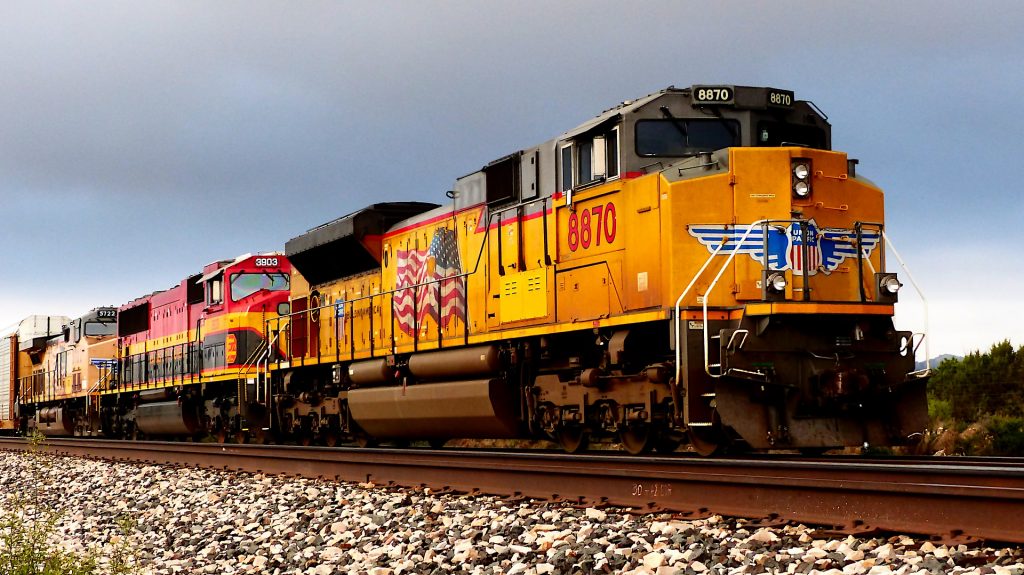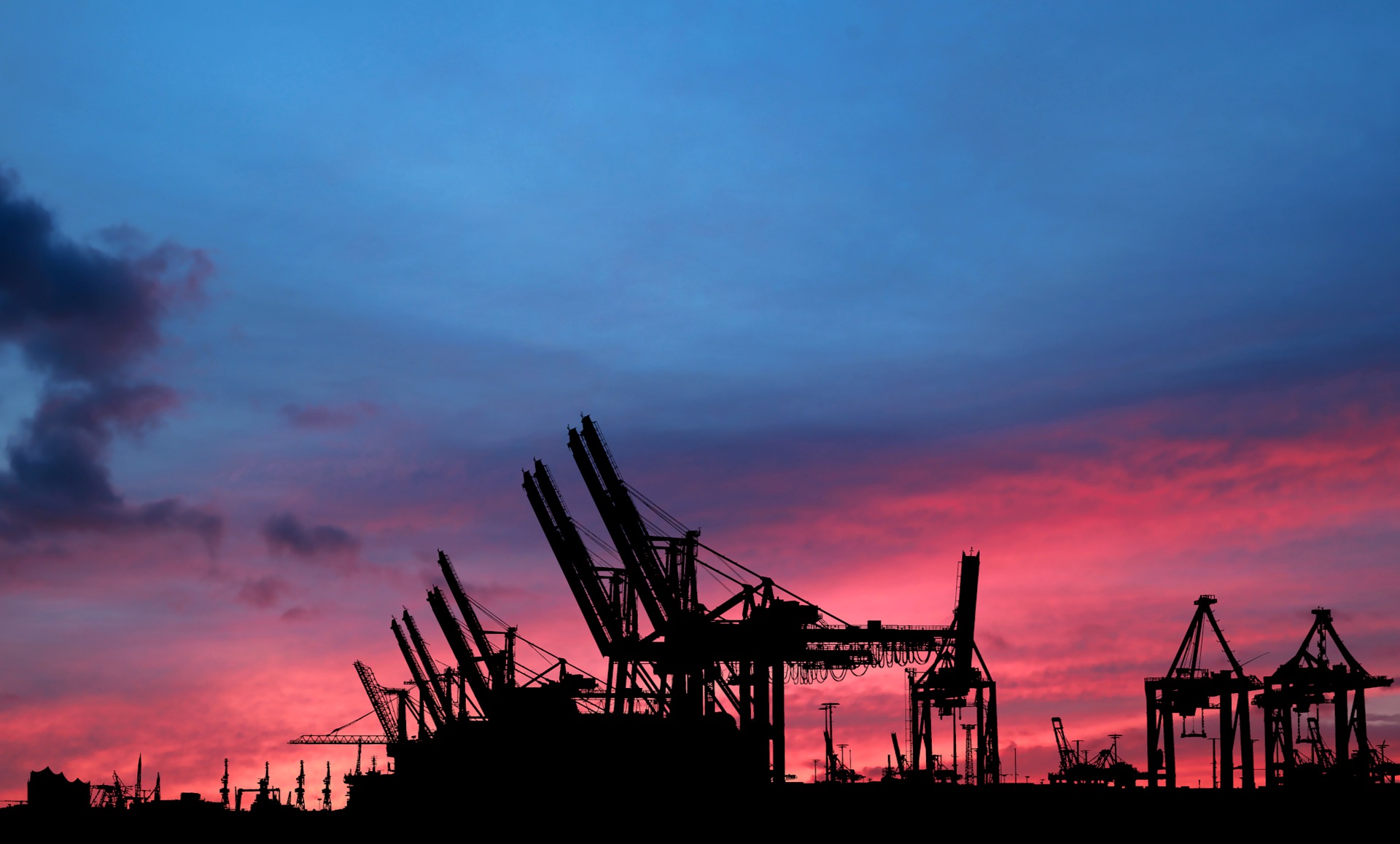The term-logistics is the planning, organization, execution and control of the movement of material and related flows from the moment of purchase to production and movement of goods (transportation and warehousing) to the end user, to better meet market demands, using minimal costs and resources.
Historically logistics has evolved as a military discipline. For this field, this term is known before our era in the IX century (Byzantium), which mainly meant the good work of the spine (the backs of military personnel – is an integral part of the armed forces; The combination of military units, units, subdivisions, institutions that provide the armed forces and navy with all the necessary means for life and combat), to provide the armed forces with all the necessary means, ie it meant work, which is an important part of combat success.
“My logisticians are a humorless lot … they know if my campaign fails, they are the first ones I will slay.”
– Alexander

Apart from the military sphere, the second direction of logistics development is the economic direction, in which logistics refers to the scientific-practical direction of agriculture, which is manifested in the effective management of material and related information and financial flows in the field of production and services.
Logistics is the science of planning, controlling and managing, as well as transporting, warehousing and performing other tangible and intangible operations that ensure the delivery of raw materials and supplies from production to the customer; In-house processing of raw materials, as well as processing of materials and semi-finished products according to the needs and interests of the customer, as well as receiving, processing and transmitting relevant information.
In modern reality, this term even included a function of everyday use:
– Who cares about logistics?
For example, if you go out of town with friends, you can freely delegate the functions of a logist to one of your friends, which includes; Providing transportation, storage space, different types of roads and choosing the right route.
Logistics – is the science of a combination of different types of activities, aimed at obtaining the required number of products at a set time and in a predetermined place in which the demand for these products is formed.
Logistics – is the science of efficient, cost-effective planning, implementation and control of materials handling and storage operations, semi-finished and finished products, as well as related information, on the delivery of goods from place of production to place of consumption according to customer requirements.

Logistics – a complex direction in science that includes the problems of material flow management.
Logistics – The science of a rational organization of production and distribution that comprehensively studies the supply, key, and distribution of means of production.
Logistics – The science of planning, managing, and controlling the flow of material into and out of the enterprise and its related information flows.
Logistics – an area in the field of economics, which solves the problem of processing and introduction of complex systems for the management of material and information flows in production, transport and distribution, for full and timely satisfaction of demand.
In view of all this, we can confidently say that logistics is an essential and one of the most important sciences for the development of mankind and the universe.



